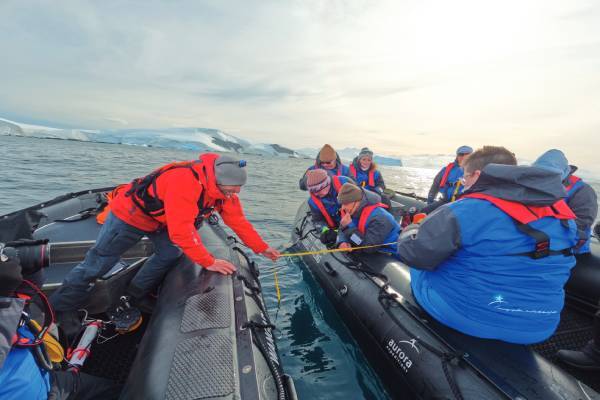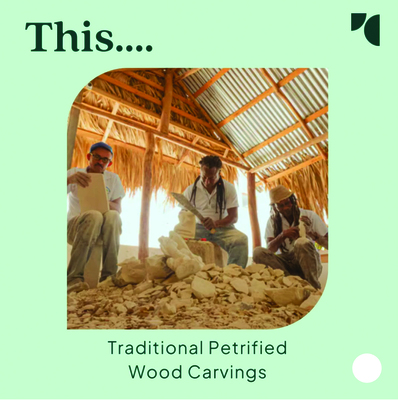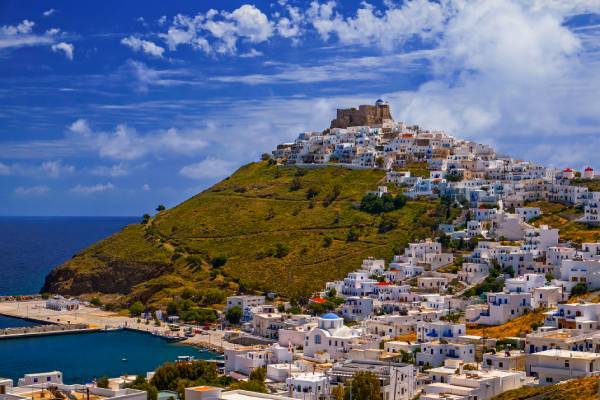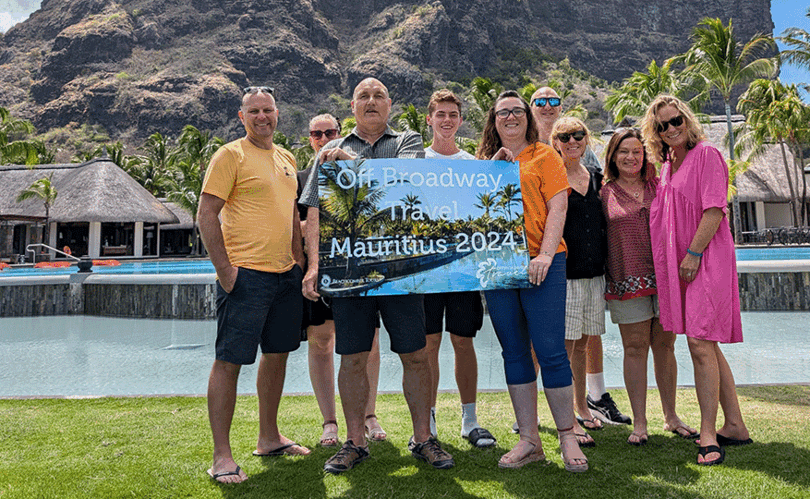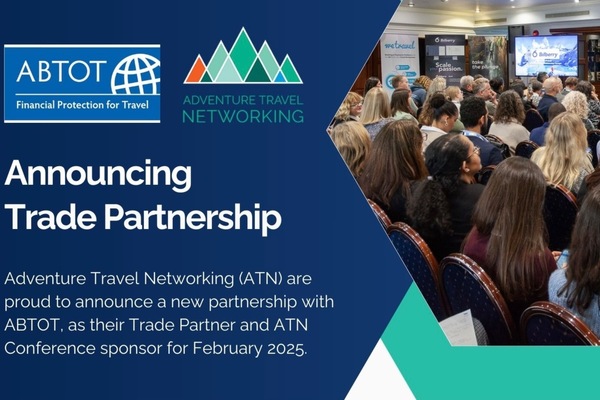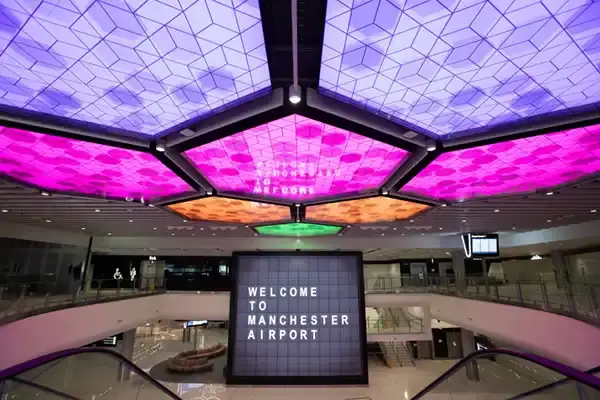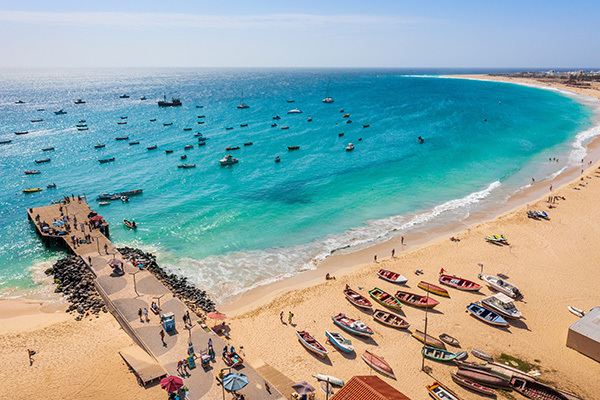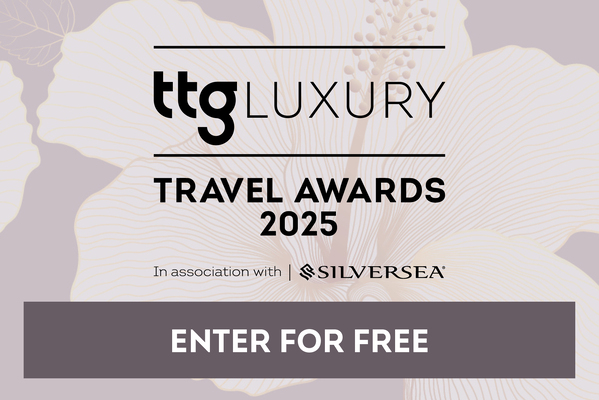How you can help your clients travel responsibly, but keep the fun
From supporting communities to boosting scientific research, discover how clients can leave a positive impact when they travel – and enjoy it too.
Imagine a holiday that benefits the people, wildlife or environment in a destination, and is also really good fun. Welcome to the world of positive impact travel, which goes beyond simply reducing the negative impact of a trip – such as cutting its carbon footprint – and goes a step further, by leaving a positive legacy.
This was the focus of the fourth TTG Sustainable Travel Heroes workshop of 2024, hosted by Shannon Guihan, chief sustainability officer at TTC Tour Brands, and Sasha Buch, sustainability manager at AE Expeditions (part of Aurora Expeditions). Here, we share their top tips for agents.
Where to start?
Guihan said choosing the right supplier is one of the most important things for agents to consider when thinking about positive impact travel. Look for partners who are very transparent about their goals and what they are doing, so you can be confident their supply chain and practices have been well researched and approved, and are often certified by external bodies.
Next, arm your clients with useful knowledge before they travel. Be mindful of what is happening in the community they’re visiting, and share this information so they can adapt accordingly. For example, is the area suffering from a drought, or are there any local concerns to know about ahead of their visit?
You could also encourage them to support the local community by making a donation to a conservation project or nature-based solution in the destination. Guihan also recommended promoting longer trips in the off season, which can be “hugely impactful for destinations”.
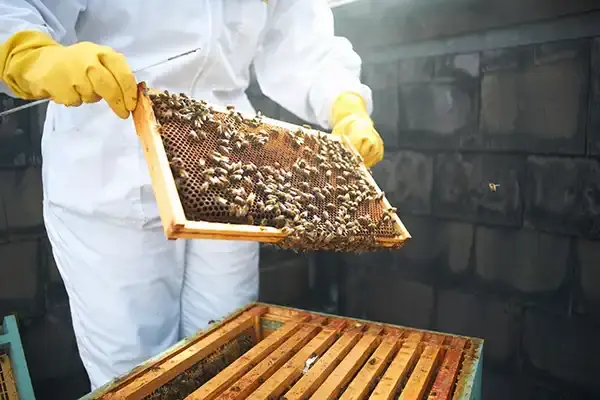
Inspiring clients
Engaging with local people and the environment is a central pillar of positive-impact travel – but it has to be done in the right way. Guihan praised positive- impact experiences as a way of enhancing a customer’s trip while also benefitting the local community or environment, and this approach underpins TTC Tour Brands’ range of Make Travel Matter Experiences. To ensure they have an element of familiarity, they’re themed around topics guests are naturally interested in, such as food and wine, but they also benefit the United Nation’s Sustainable Development Goals (SDGs).
“We bring it into the trip in a way they might expect, but have areas of environmental or societal impact that they may not have expected,” Guihan explained.
In Italy, guests visit a traditional weaving facility in Perugia, learning how their visit is helping preserve this increasingly rare art form. TTC Tour Brands supported the organisation with a grant, and the experience actively contributes to SDGs on gender equality and sustainable cities and communities.
Customer feedback has shown these types of experiences are often the highlight of customers’ holidays, and Guihan explained: “Anybody who travels has to have an element of curiosity, and it’s about meeting that level of curiosity with an experience that’s truly memorable.”
During the workshop each of the Heroes shared an example of positive-impact travel, and as part of their training the Ambassadors chose one to promote to their clients.
For example, at Iberostar Puerto Plata in the Dominican Republic guests can learn about growing cocoa and making chocolate with the Chocal cooperative, which is driven by local women. The project helps more than 200 farmers and their families, and guests can also learn about local woodcarving techniques from artisans, benefitting more than 250 families.
On Intrepid’s Remarkable Rwanda and Gorillas of Uganda tour, clients learn about the fascinating work the Gorilla Doctors are doing to save the mountain and eastern lowland gorilla species, using veterinary medicine and science.
Guests on AE Expeditions’ Antarctica voyages can choose meals made with ingredients from the Argentina Local Food Programme, which supports family owned farms that champion natural and regenerative farming practices. Meanwhile on a Trafalgar tour with TTC Tour Brands, guests join a workshop on beekeeping at a rooftop bee project in Prague, learning about bee foraging habitats, bee-flower relationships, honey bee products and the impact of climate change on bee health.
Finally, Astypalaia is billed as “one of Greece’s smartest and most sustainable islands”, thanks to a collaboration with the Volkswagen Group, which saw the island shift to electric vehicles. This has reduced vehicle numbers and created local jobs.
Getting involved
Customers often want to know they’ve made a positive impact on their trip in a tangible way and may consider volunteering. While this is done with worthy intentions, the Ambassadors in Training heard how volunteering can do more harm than good.
Instead, direct clients to Citizen Science projects, which focus on the environment and wildlife, and support the scientific community by gathering important data. Through the Happy Whale project people have submitted more than 900,000 photos of marine mammals they’ve spotted around the world, enabling scientists to identify them by their unique markings and track their movements to build a better understanding of these giants of the sea.
Customers are encouraged to join Citizen Science projects on AE Expeditions sailings, and Buch explained: “They’re accessible, fun and engaging for those who don’t have scientific backgrounds.”
While many take place in the polar regions, they can be done in a range of destinations, so search online for projects to inspire your clients.
Another element to look out for is community-based tourism. Buch cited the expedition line’s partnership with the Oxen Network’s Community Ambassador Programme, which is designed to enhance meaningful engagement with Inuit communities of the Arctic. Guests on select itineraries meet community members onboard, who share stories about their ancestral homelands. The programme fosters economic and social benefits for the Inuit people and promotes cultural exchange with expedition travellers.
The agents agreed that changing the mindset of customers was a stiff challenge, especially those who are price-focused and used to a certain way of travelling. But they said it often came down to inspiring clients to leave the confines of their hotel, as Not Just Travel’s Lewis Jones explained: “Add something [like a positive impact experience] into the quote, and give links to local events and festivals, so they can go out and experience the local culture. It’s about planting a seed in their mind that there is an alternative way of travelling.”
Discover more ideas to inspire your clients at our Sustainable Travel Heroes hub
Sign up for weekday travel news and analysis straight to your inbox

Charlotte Cullinan
Supplier Directory
Find contacts for 260+ travel suppliers. Type name, company or destination.
